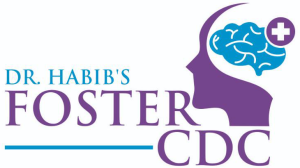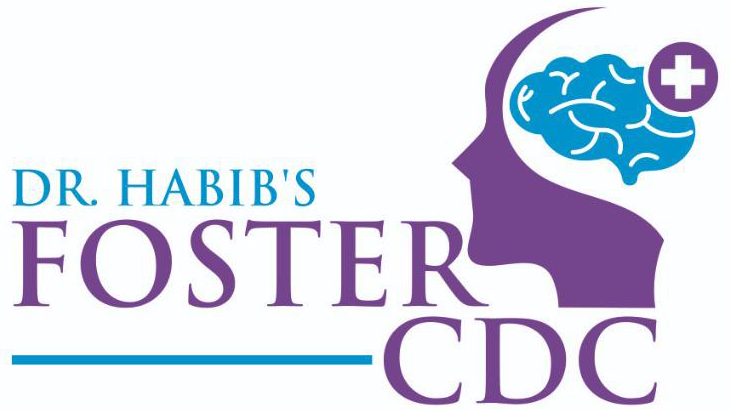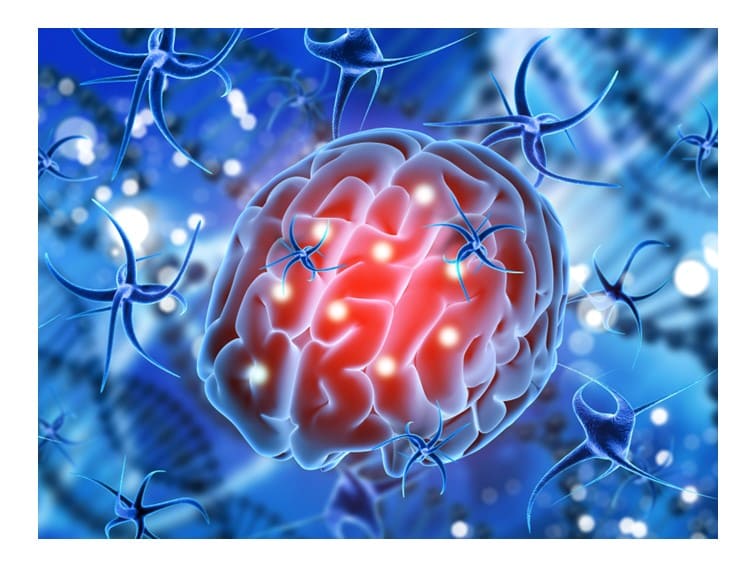Encephalitis in children
Encephalitis is the inflammation of the brain. The most common cause of this condition is a viral infection. Encephalitis often causes mild flu-like signs and symptoms or no symptoms at all. Seeking timely medical help and accurate diagnosis and prompt treatment is crucial as encephalitis can become life-threatening.
What are the signs of encephalitis in children?
The signs and symptoms of encephalitis in children include the following:
Fever, headache, extreme weakness or fatigue, muscle pain, joint pain, and body aches.
In some cases of severe encephalitis, the symptoms may become intense and may include muscle weakness, hallucinations, agitation, confusion, seizures, problems with hearing or speech, loss of sensations in certain parts of the body or facial paralysis, loss of consciousness (coma)
The signs and symptoms in young infants and children may include extreme sluggishness, poor feeding, body stiffness, nausea, vomiting, and bulging in the soft parts of the skull.
What causes encephalitis in children?
The cause of encephalitis in most cases is unknown. If the cause is known, in most cases, it is a viral infection. Non-infectious inflammatory conditions and bacterial infections can also cause encephalitis.
When to see a doctor?
You must seek immediate care for your infant or young child if you notice that your kid is experiencing any of the above symptoms or more-severe symptoms associated with encephalitis. High fever, a severe headache, and loss of consciousness or altered mental state warrants urgent care.
What are the risk factors for encephalitis in children?
Children with a weakened immune system due to immune deficiency conditions or children taking immune-suppressing drugs owing to other conditions and young children are at increased risk of viral infections. The other risk factors include the prevalence of mosquitoes in certain geographical regions of the world and the seasons of the year.
What are the complications of severe infection?
Complications associated with encephalitis may vary in severity depending on the case. They depend on the time from the onset of disease to treatment; the severity of initial illness, the cause of infection; and the age of the child. They may persist for months or years or may become permanent. Complications can include memory problems, Personality changes, Weakness or lack of muscle coordination, Persistent fatigue, Speech impairments, Hearing or vision defects, and Paralysis.
Children with mild infections recover well within a few weeks with no long-term complications. However, more severe infection or inflammation of the brain can damage the brain – potentially resulting in unconsciousness, coma, or death.



